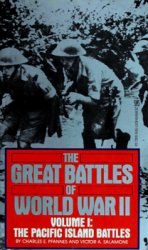In the years following Gibson’s film, other forms of media have revisited the Scottish icons but have done so mainly through the lens of Braveheart. Rather than start anew, filmmakers, television writers and producers, and musicians have gone to Braveheart for inspiration on the Scottish outlaw. One of the more interesting products of this reductive method of creativity, in which the source for Wallace and the Bruce is not the primary documents but rather a filmic representation that is itself far removed from pure history (and is in many cases ahistorical), is the concept album Tunes of War (1996) from the German heavy-metal band Grave Digger. The album is a retelling of the Scottish fight for independence and the early history of Scotland. With song titles such as “Scotland United,” “The Bruce,” and “Cry for Freedom (James VI),” it is obvious that the band has put its ideology squarely behind Scotland’s right.
The music on this album, as on most of Grave Digger’s efforts, is characterized by intense guitar riffs and rapid drumming interspersed with introspective, dramatic, and cathartic moments. A synthesized bagpipe sound even makes an appearance. The heavy-handedness of the material is, perhaps, understandable; after all, this is heavy metal and not chamber music. What is interesting, though, is that this is a German band and not a Scottish one. Much like King Arthur and even Robin Hood, the Scottish icons have become a global phenomenon.




 World History
World History









